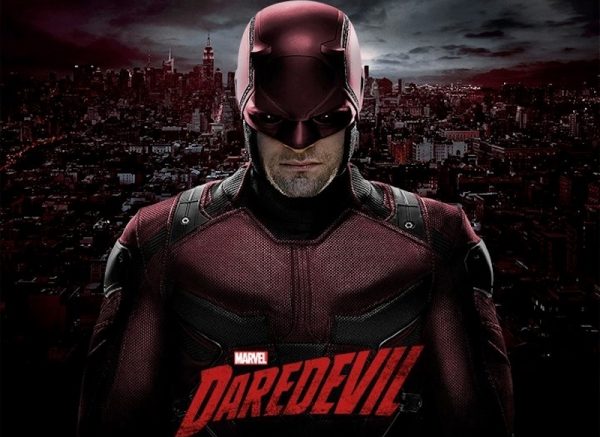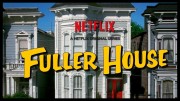On March 18th, Drew Goddard’s Daredevil debuted its 2nd season on Netflix. The first season of Daredevil took enormous strides in pushing the boundaries of what could be brought to life in the Marvel Universe, exploring darker themes and more palpable violence. This is, in large part, due to the format of show the being 13 episodes a season- allowing for much more development than its film counterparts, all the while still a solid pace with few dull moments.
So, has the new season met expectations or has it gone to the wayside? Not only has it matched the intensity of the first season, it arguably propels the show to what could be its apex. Gone is the overarching nemesis of Fisk, and instead the villain is left a mystery until the near end. The show is much more focused on the characters this time around.
New to the party are Punisher, portrayed by Jon Berthal, and Elektra, portrayed by Elod
Back from the first season are impeccably choreographed
The show, however, does not go without vices. Punisher and Elektra pale in comparison to Fisk, and the void left behind goes somewhat unfulfilled. The sense of urgency isn’t as prevalent and the build up to the finale isn’t as tumultuous as it was the first time around. Furthermore, an issue prevalent in both seasons, the scope of the show is relatively lackluster. Daredevil is still confined to Hell’s Kitchen, a small quadrant of New York City. Conversely, all other aspects of the show are bolstered, making the culminating experience
Daredevil goes beyond it’s call of duty and is more than a superhero brawl, it has substance and style. If you enjoyed the first season, or have your interest piqued, I whole-heartedly recommend Daredevil. It has set an astonishing precedent which it seems intent on following.





